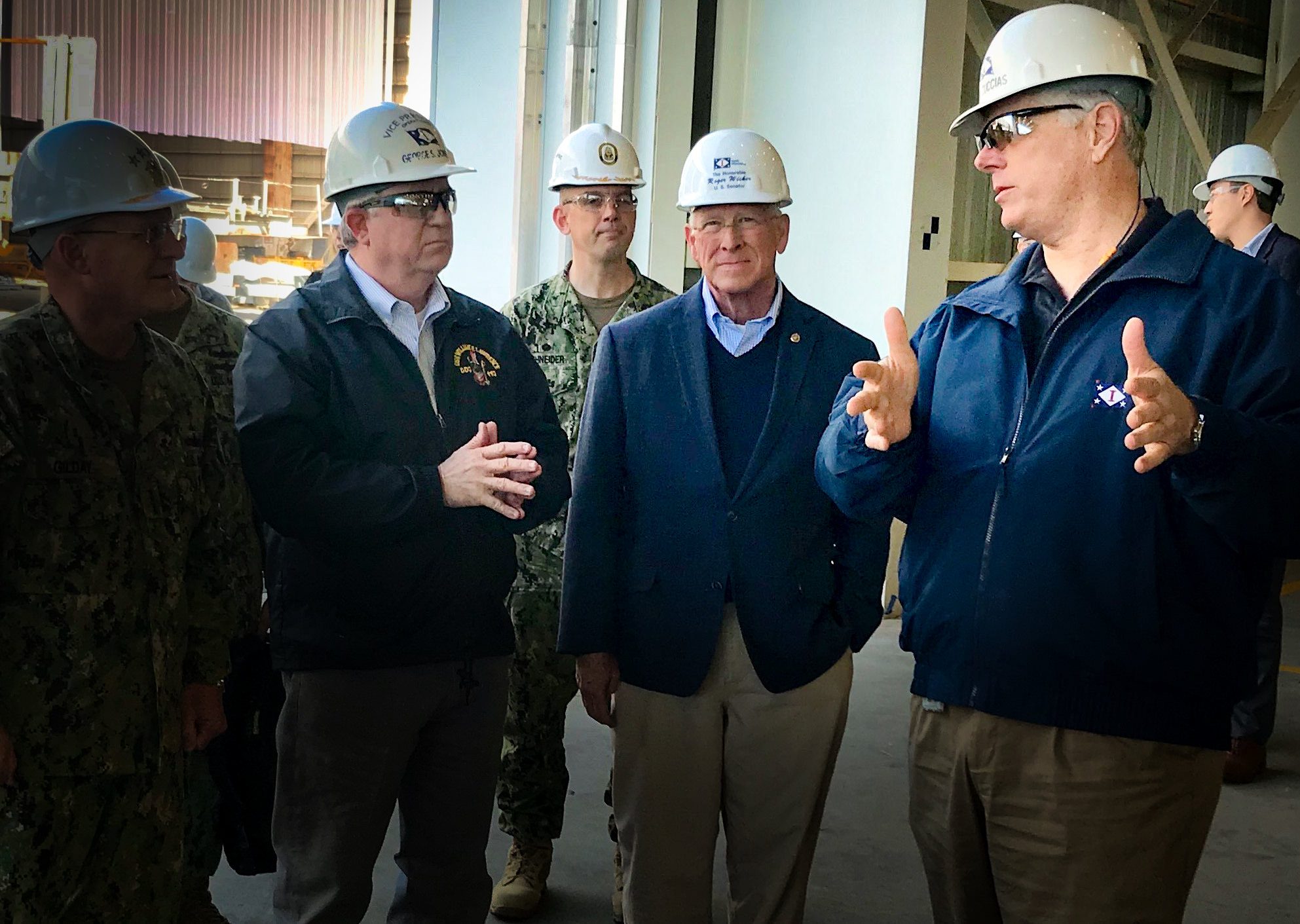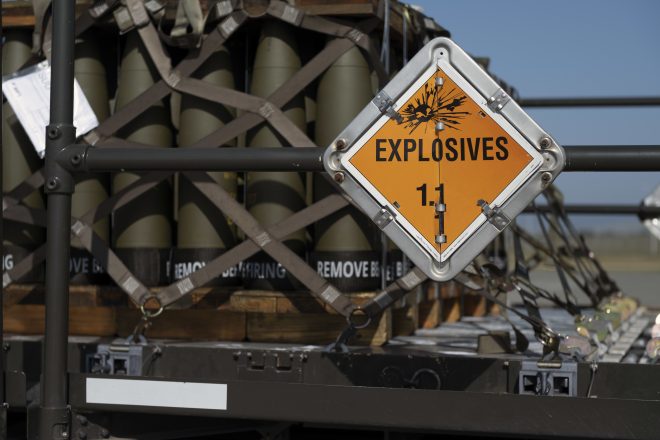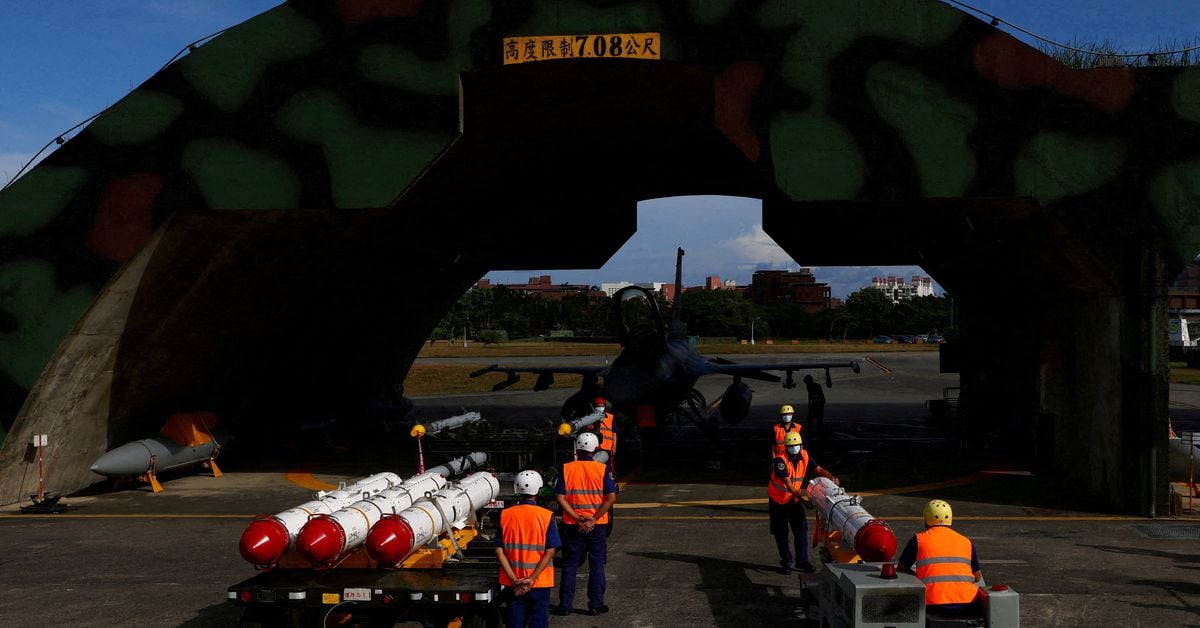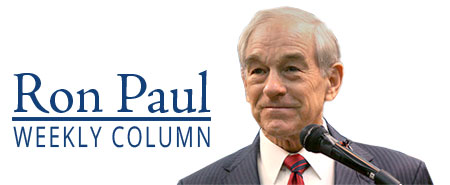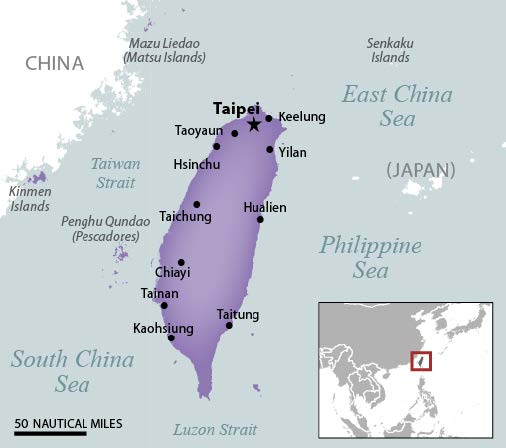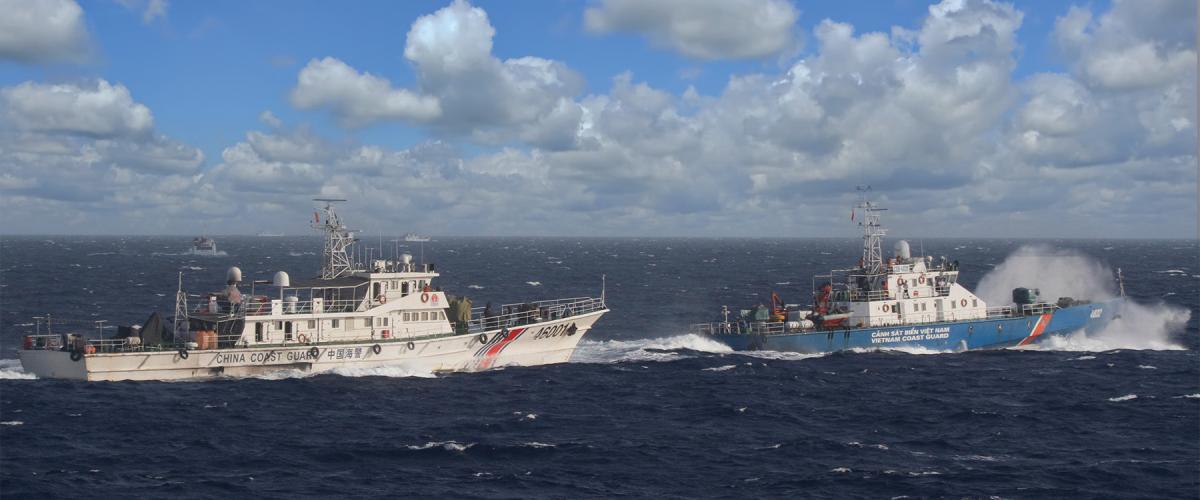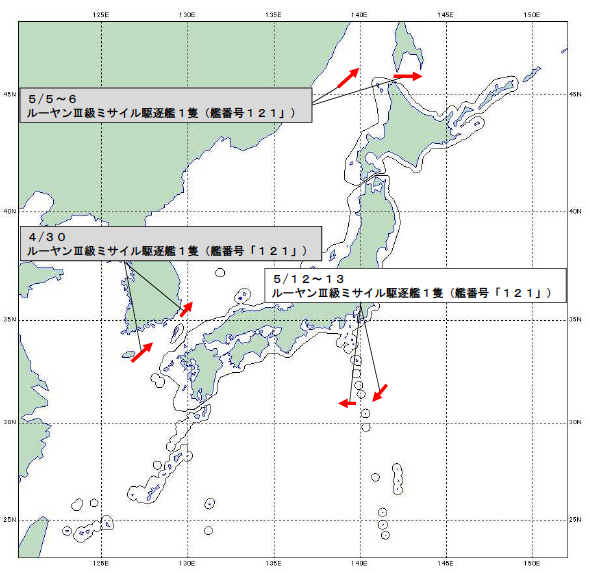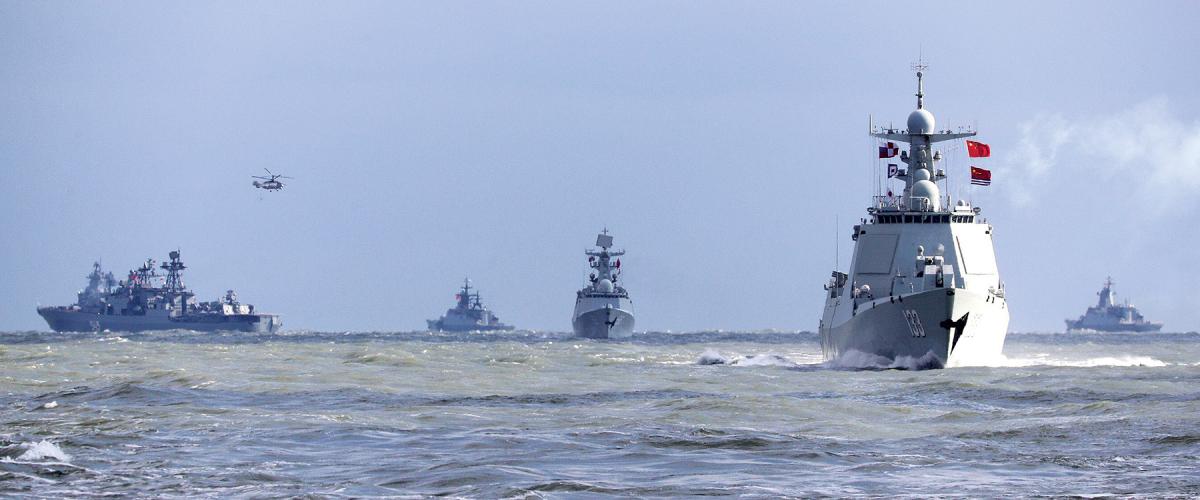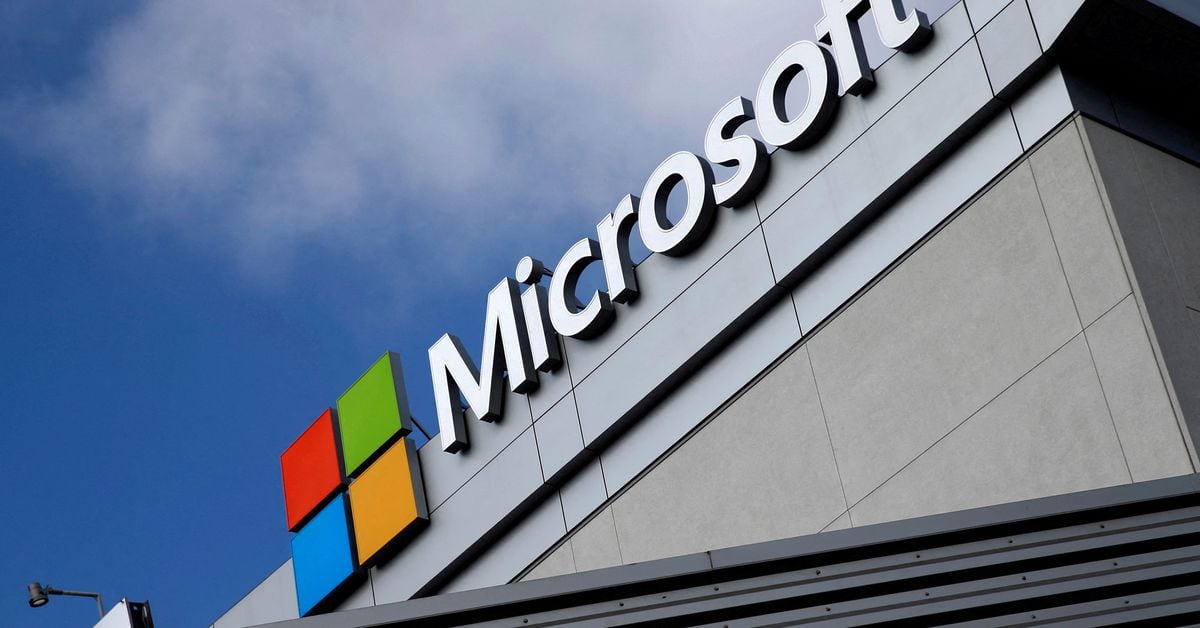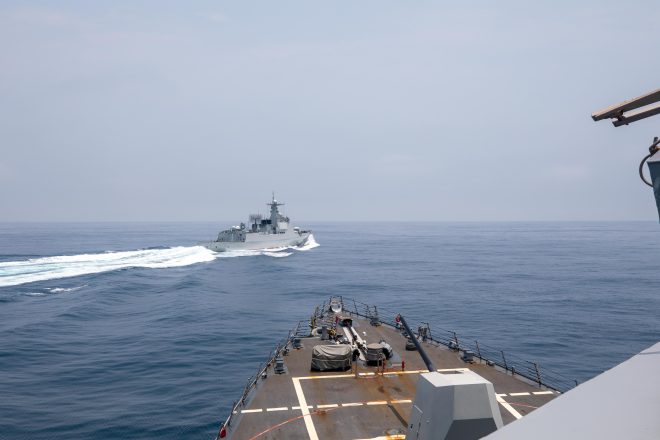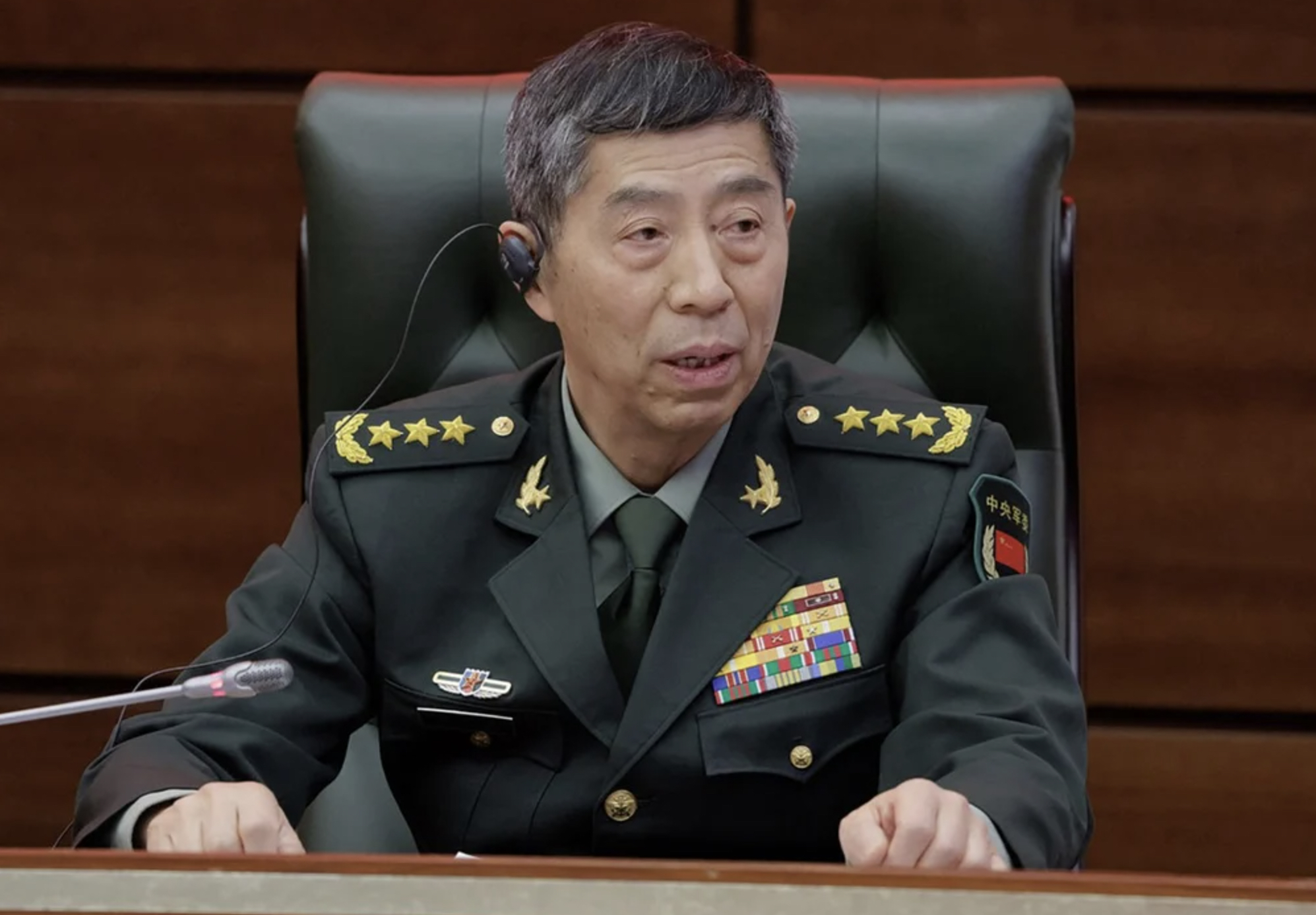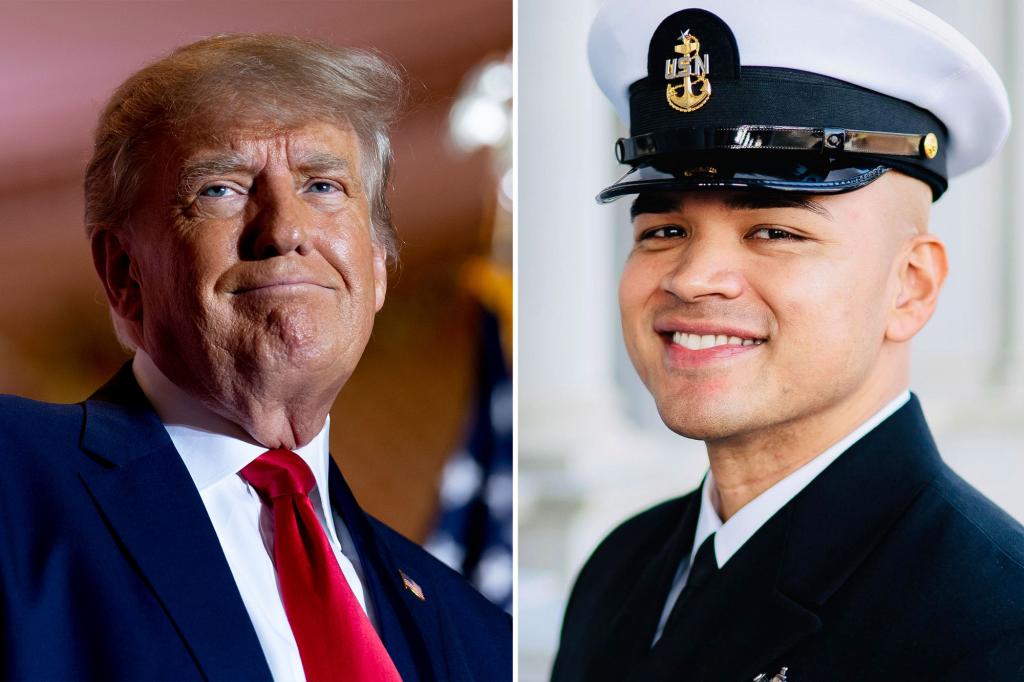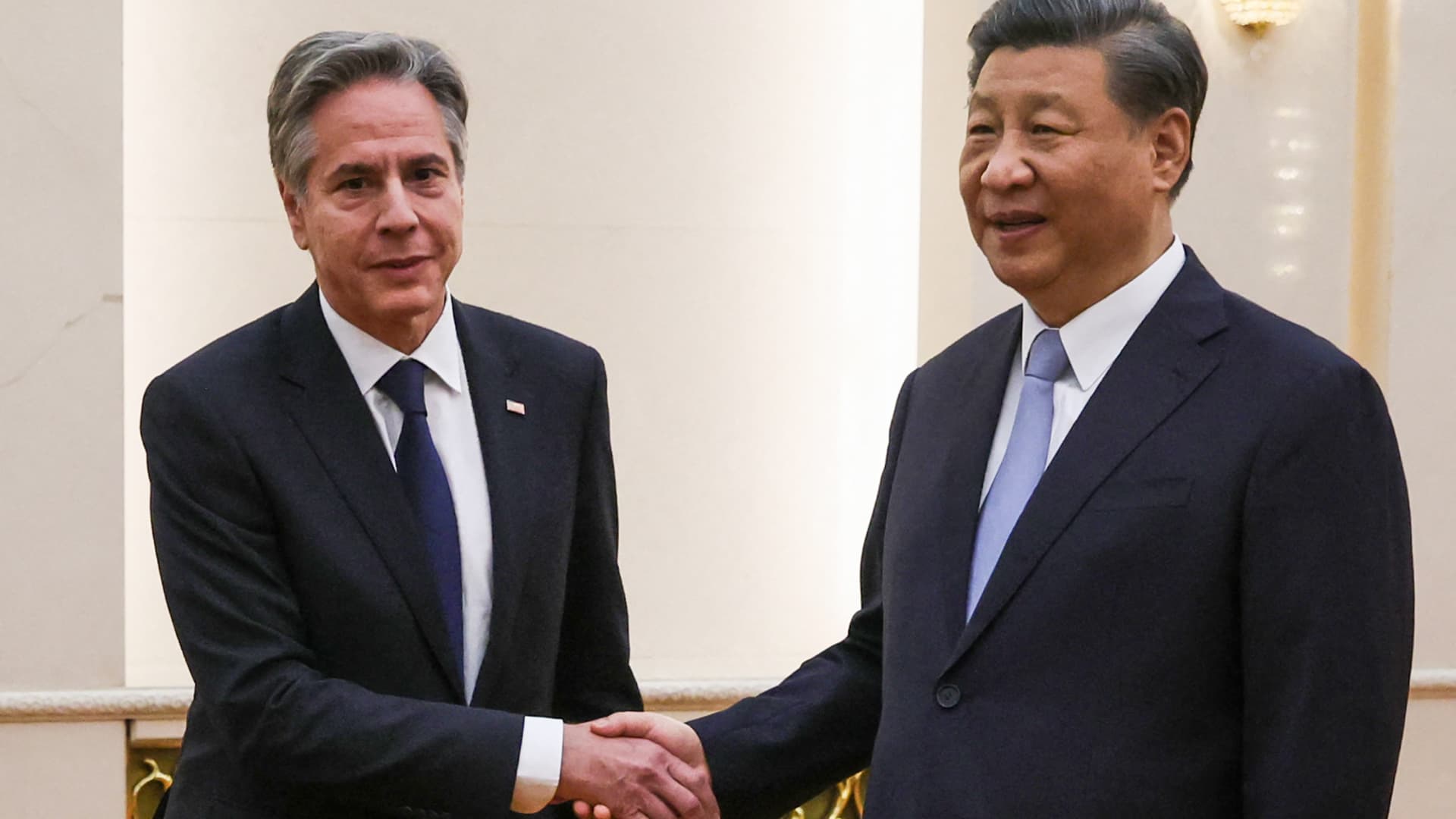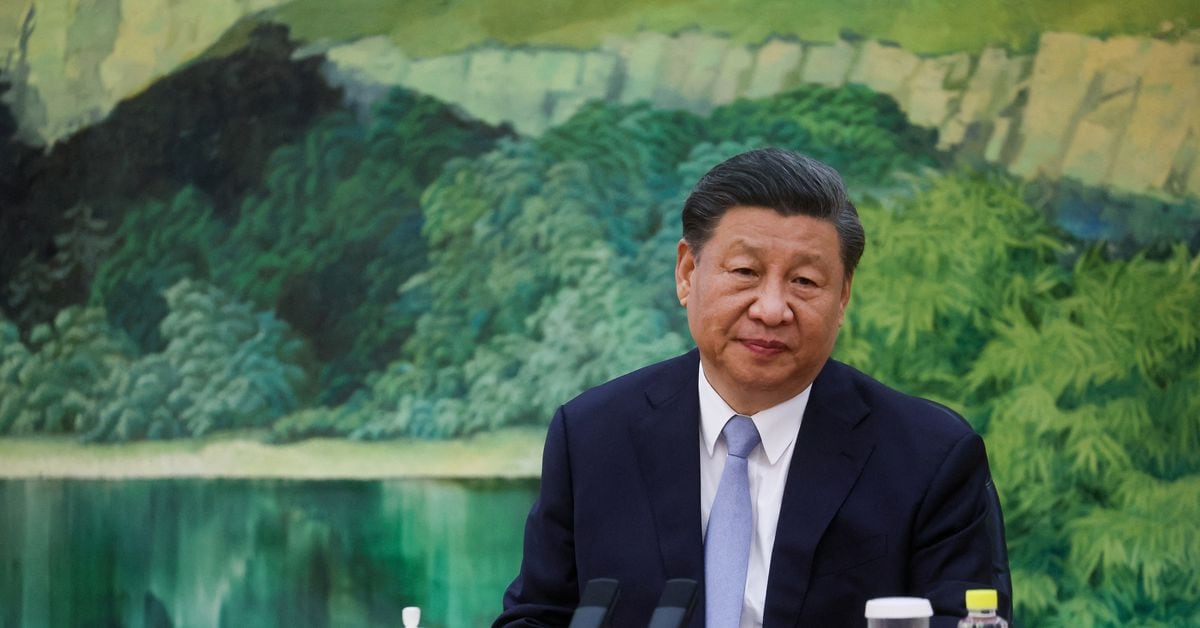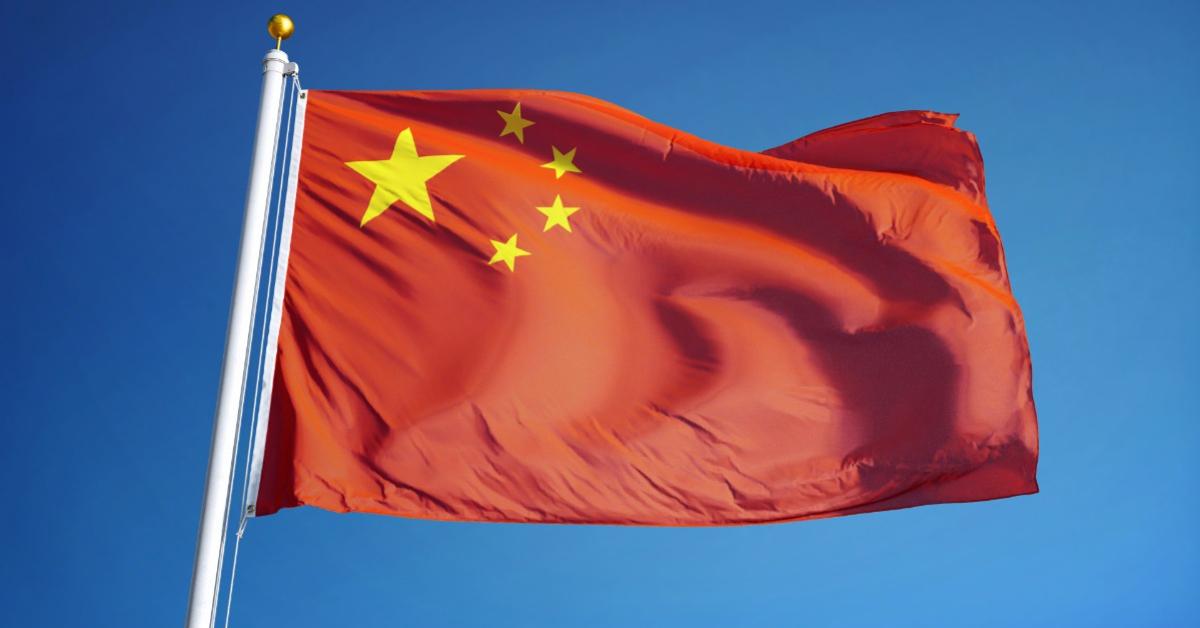Ray Dalio posted comments:
In my last post, I described the big cycle template, consisting of the five major forces. Today’s post is the follow-up I promised, focusing on the great power conflict and what’s going on with China.

www.linkedin.com
Good read. Thanks for posting it.
Some thoughts as I read.
Ray Dalio:
"
We are on the brink of an economic resources war."
Isn't that wha
t typically precedes shooting wars?
....and up to that point in the article, he seems to be describing exactly that. The things that come first? Like everyone picking sides, as we see nations starting to do now?
What do we, as a nation, bring to the table to entice others to pick our side?
China brings the trade, which is one of the main things we used to bring and was a big part of the reason for the US assuming the top-dog role 80 odd years ago.
As for top dog role, isn't that what it all boils down to? A real World game of king of the hill?
Being the guy on top of the hill, ya gotta expect that those up and coming will eventually want to challenge our position.
...but in all those years, there's been no challengers and we've grown complacent when it comes to doing the things that got us there in the first place.
"...and if there is a military war it would be good to have agreements such as 1) no side’s military will directly kill the other side’s military, 2) no fighting will take place on the other side’s lands, and 3) neither side will use nuclear, cyber, and space weapons, etc. It is hoped that in that way, if there is war, it will be contained.
That sounds nice, and is a good idea, but it ultimately won't/can't work.
At least not if said war will ultimately have a winner and a loser.
Sure, you can agree to rules at the strat, but as soon as one side sees itself losing, those rules are gonna be out the window. No nation is gonna gracefully accept defeat while still controlling bigger weapons/tactics that they think would allow them to win, but have not used due to a deal they made before the war.
....and China certainly has made clear that it seeks to eventually dethrone the US from its king of the hill position in the World.
Simply put, they are up and coming and want their time in the Sun, so to speak. They want to be on top of the hill.
....and in those kinds of battles, whoever wants it most typically wins, and China seems to want really bad. Do they want it more? We'll find out together.
"...there is a growing belief among Chinese and many other countries’ leaders that the United States is in decline, plagued with domestic issues."
I can't really say that they are wrong. I see the same thing they see.
....and that, unfortunately, is gonna help make it easier for a lot of other nations when it comes to picking sides.
If they saw us as being stronger than ever with decline nowhere in sight, we wouldn't even be having this conversation.
"
There is a strong belief that the world is desperately in need of stronger multilateral 1) leadership, 2) systems, and 3) institutions, and that China is very likely to play a leading role in helping to provide these"
Which is why we see China trying to play middleman/peacemaker.
Ie: Iran/SA and Russia/Ukraine.
They are trying to show the World that they can play that role that the US has dominated since WW2
"I hear and I believe that for the United States to win this war of geopolitical influence it will have to be much stronger (i.e., “get its own house in order”) and present a more generous and preferable path to other nations."
Does anyone reading, see any chance of that happening anytime soon? I sure don't.
"
Xi made it clear that he is preparing for “the 100-year storm” on the horizon."
They're making 100 year plans while we (our dysfunctional gov) can't see past the next election.
Granted, they may never achieve their 100 year plans, but I do know that setting goals and always working towards them provides a lot better chance of having those goals come to fruition, than does always conducting affairs on a short term basis, as we seem to do as a nation.
Other than banning new ice cars, what is our govs plans for improving our position in the World over just the next ten years?
....let alone the next 100.
....and I'm not saying that banning ice cars will improve our position. Just sayin' that it's the only long-ish term thing they talk about.
"
Some say that this move to a more Maoist approach will pass, pointing to the period right after the Tiananmen incident as being just like this one and that there was a return to a much more open and reforming environment"
Difference is, they were not onthe brink of war at the time of the Tiananmen square atrocity.
...and as Ray pointed out, times of war brings more top-down control, not less.
"At the same time, most Chinese people are living their lives as normal, oblivious to and largely unaffected by the changes."
Same as most people here.
Isn't that the it always is when these things are heating up? People strive to maintain normalcy in their lives? It's only us weirdos* who try to figure out what's coming, that follow this stuff.
* how so-called normal people see us, at least. Lol
" I heard it estimated that generative AI (ChatGPT-like technologies) are behind those in the US by at least two years and won’t be able to keep up (because they don’t have the chips), which will be a serious problem for them falling behind, which concerns them greatly."
That's what I think will cause them to move on Taiwan sooner as opposed to later. Ie: they want those chip fabs.
....and the longer they wait, the worse off in those technologies China becomes, and the stronger that Taiwan becomes.

 www.linkedin.com
www.linkedin.com



